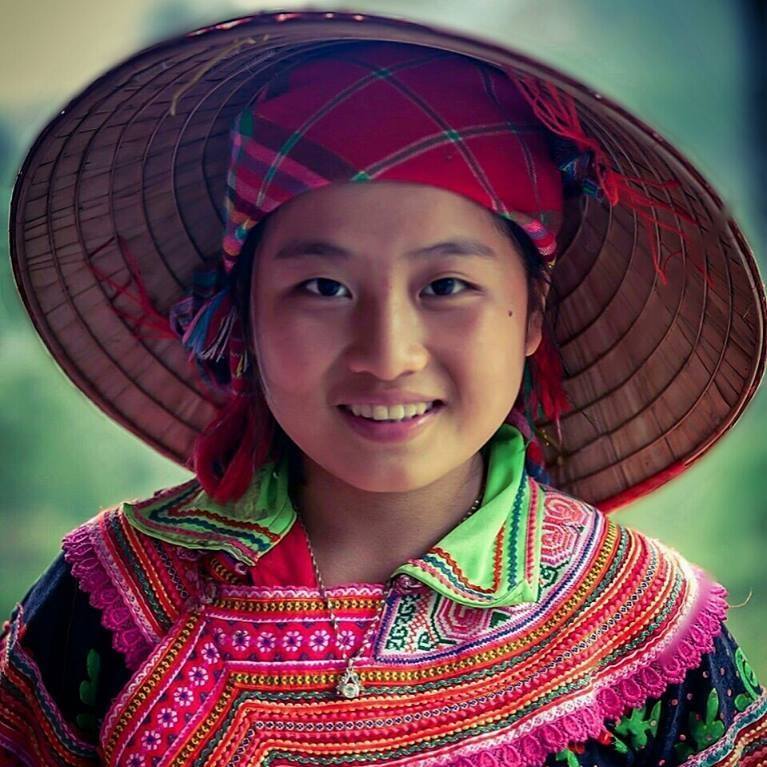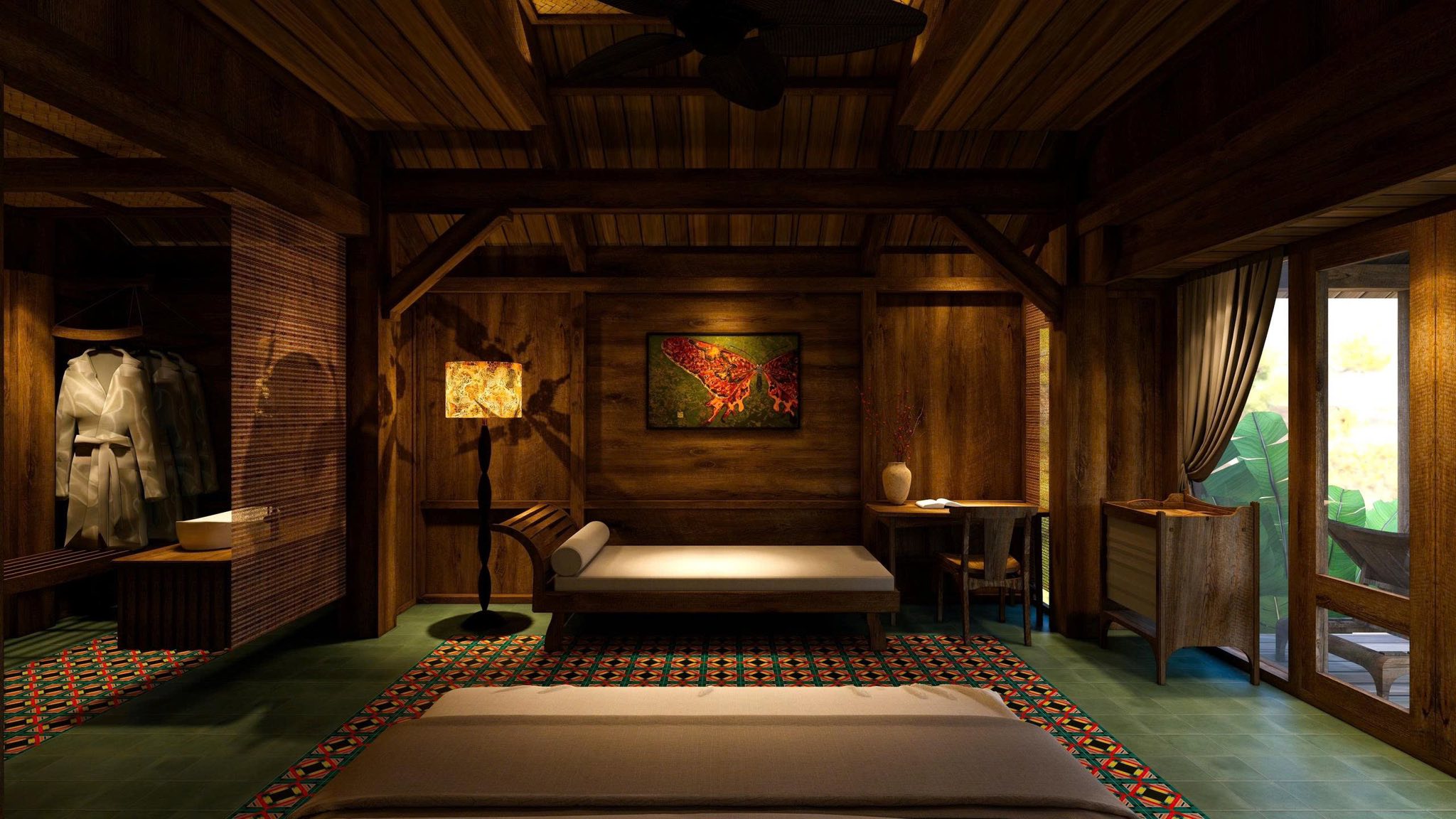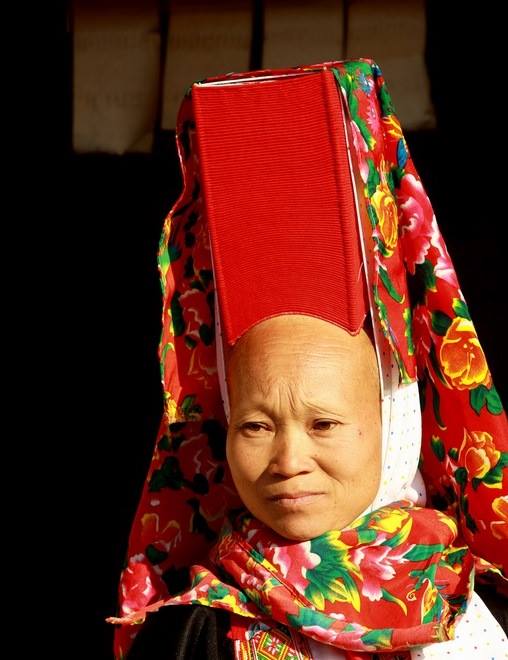Tailor Made Holidays with our travel experts
We'll do our best to call you within 48h






VIETNAM - THE LAND OF NINE DRAGONS
Vietnam is on a very short list of the most vibrant and exciting countries in the world. And despite the potential difficulties in travel there, it is also one the safest for travelers. Vietnam remains two separate countries, with marked differences between the north and south not only culturally, but geographically. Indeed, travel between Vietnam's many provinces can often seem like passing between countries.
Cabalina Retreat is a tranquil retreat nestled between the lush Ao Coi Otter Valley and the mystical Thien Long Cave on Cat Ba Island. Surrounded by limestone mountains, green magroves forests, forested landscapes, and untouched nature, Cabalina Retreat offers a peaceful escape where guests can slow down, reconnect with nature, and experience the quiet beauty of the island away from the crowds.
Cabalina Retreat Catba is located in Otter Valley. Our secluded island is the perfect place to relax while exploring the bay, quiet and out of the way it exemplifies the rugged cliffs, the lush mangrove forests and emerald waters of the bay. Our Private boutique bungalow has only 06 boutique bungalows with private bath and fan, aircon. Experience quiet nights on the private valley.
At Blue Swimmer Adventure (BSA), we aim to provide low-impact experiences for people who enjoy being close to nature and immersing themselves fully in the environment.
Let's relax, sit back, soak up and unwind like no Other at Cabalina Retreat Catba. Let's nurture Mother Nature and she will nurture us
Elephant Beach in Ao Coi Village
Elephant Beach is a scenic long beach located just outside Ao Coi village, on Cat Ba Island, Hai Phong, Vietnam. Set in a peaceful bay and surrounded by limestone mountains, green mangroves, cococut trees and green hills, the beach offers a relaxed atmosphere away from the crowds of other Cat Ba beaches. With its soft sand, calm waters, and open views, this lovely long beach is ideal for swimming, sunbathing, kayaking, walking, BBQ and family activities. The beach is wild, quite well-maintained and easily accessible, making it a popular choice for visitors looking for a quieter yet convenient beach experience on Cat Ba Island while exploring the Otter valley and Thien Long cave.
Combining natural beauty with a calm setting, Elephant Beach is perfect for travelers seeking space, comfort, and scenic coastal views.
Please contact us via our WhatsApp for instant support and booking: + 84 912 555 208